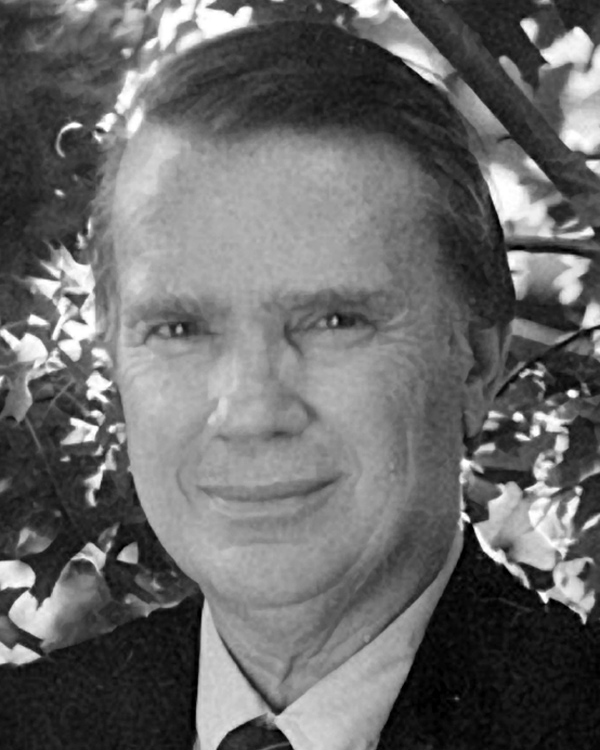 Robert Cathcart III, MD
Robert Cathcart III, MD
1932 - 2007 Hall of Fame 2008 "I have never seen a serious reaction to
vitamin supplements. Since 1969 I have
taken over 2 tons of ascorbic acid myself.
I have put over 20,000 patients on bowel
tolerance doses of ascorbic acid without any
serious problems, and with great benefit."
Robert Cathcart's observations on clinical use of ascorbic acid drew worldwide renown, along with the respect of Linus Pauling. A native of Texas, Bob came to Northern California as a child and spent most of his life in the Bay Area. He earned his medical degree from the University of California in San Francisco in 1961, then completed his internship and residency at Stanford Hospital. Bob was an instructor in orthopedic surgery at Stanford after his residency. The "Cathcart Prosthesis" has been implanted in over 100,000 hips. Bob became interested in vitamin C when he read Linus Pauling's Vitamin C and the Common Cold, and he began using it for his own allergies and his patients' viral infections. He thought about a common side effect of high-dose ascorbate, namely diarrhea, in a new way. He observed that a person's tolerance for the vitamin increased considerably in the presence of viral illness, seemingly in proportion to the severity of the illness. A person who ordinarily develops diarrhea from, say, a 12-gram dose of ascorbate, might be able to tolerate upwards of 100 grams when ill with a cold or flu. Bob found that titration of vitamin C dosage to bowel tolerance permitted quicker resolution of an illness. Bob treated tens of thousands of patients with vitamin C megadoses. He was a popular lecturer at medical meetings, where he freely shared his findings with his colleagues. However, he was not well published. Like Linus Pauling himself, Cathcart encountered rejection and even scorn at the hands of scientific and medical journal editors. JOM is proud to be one of the few platforms to have brought Bob's work to the attention of the world's healing professions. Bob Cathcart received the Linus Pauling Award from the Society for Orthomolecular Health Medicine in 2002. He leaves a reminder for all who would do science: progress and success rest more on dispassionate observation and creative thinking than on all the gee-whiz technology mankind has ever come up with. From Richard Huemer's article, "In Memoriam: Robert Fulton Cathcart III, M.D." JOM, 2007, 22:
|